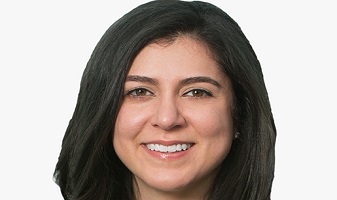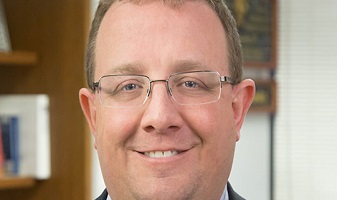Virtual Trials-The Future is Now-Are You Ready?
One of our most popular speakers – Jeff Bast of Bast Amron – recently published an article called: “Virtual Trials-The Future is Now-Are You Ready?” for the American Bankruptcy Association’s Business Section Summer Newsletter.
Jeff recently spoke at our program: Business Bankruptcy 101: Chapter 11 Nuts and Bolts. Jeff was the program favorite!
We wanted to share this article with you, given the timeliness of topic – we know that you will find it helpful.
Click here to get to Jeff’s article: “Virtual Trials-The Future is Now-Are You Ready?” .








